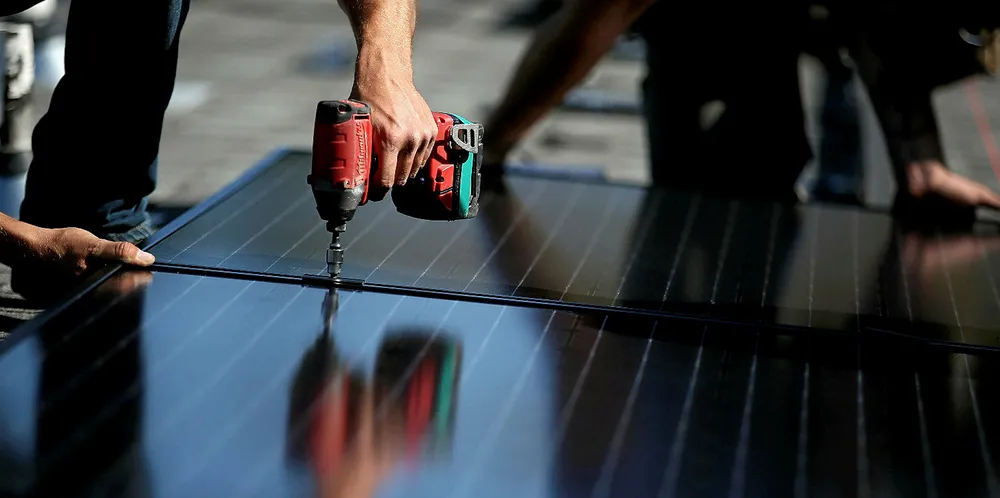Solar to outstrip wind 'within five years'
PV set to overtake wind in new capacity by 2023 but turbines remain top generators, says Fitch Solutions

PV set to overtake wind in new capacity by 2023 but turbines remain top generators, says Fitch Solutions
